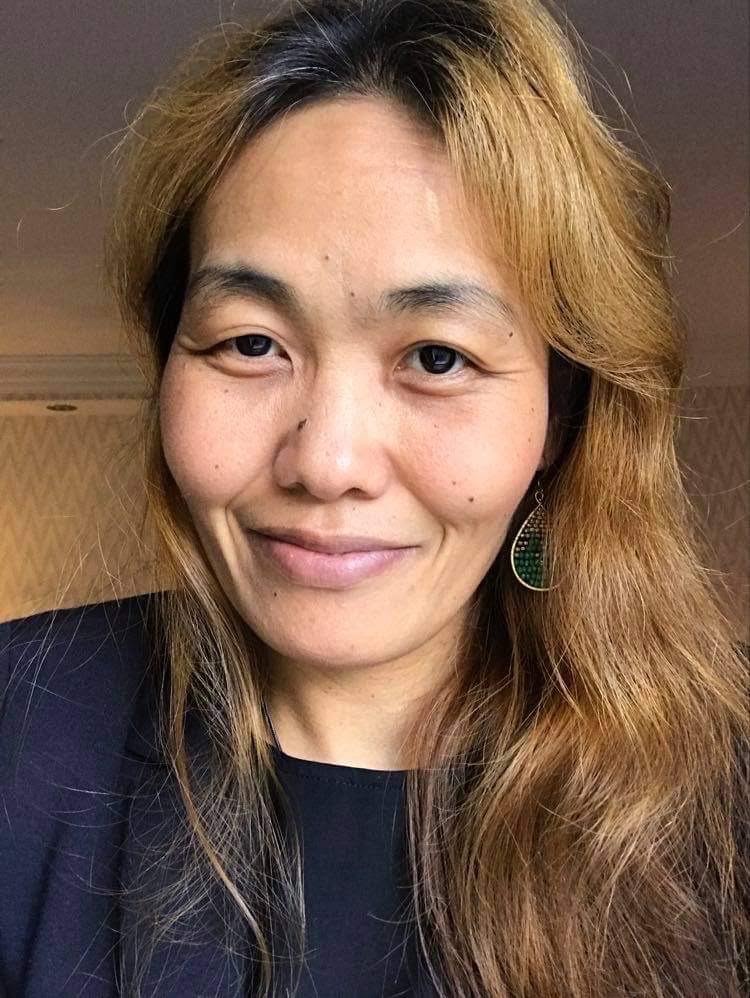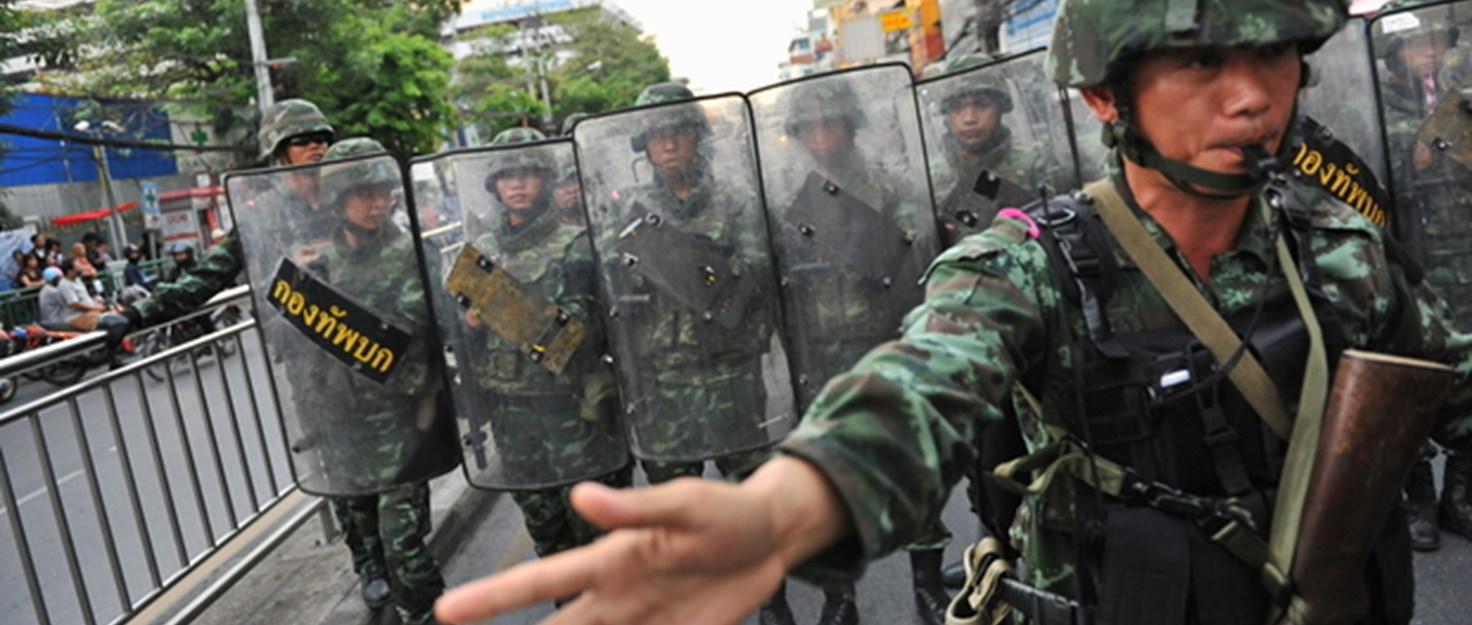
Matcha Phornin
Matcha Phornin is an Ethnic Minority/Indigenous Lesbian Feminist a human rights defender from the Chiangmai - Tak - Maehongson, the border of Thailand - Myanmar where an armed conflict still ongoing. She is the founder and executive director of Sangsan Anakot Yawachon, an organization that works to advancing the rights of the Indigenous people especially LGBTIQAN, women and girls. An ethnic minority/indigenous lesbian woman herself, Matcha has long been leading the Intersectionality movement to stop gender based violence, violence against LGBTIQAN and out standing advocate for land right and environmental justice for indigenous people in an armed conflict where many of indigenous community members holding stateless status and being internal and external displacement ended with have been left landless.
During her journey and work as ethnic minority/indigenous lesbian women human rights defender has been threatened. Her house and her office that located near by was burned 6 times in 10 days in 2016 cased by individual who committed to violence against lesbian human right defender which influenced by Lesbopobia, Homophobia, Biphobia and Transphobi

